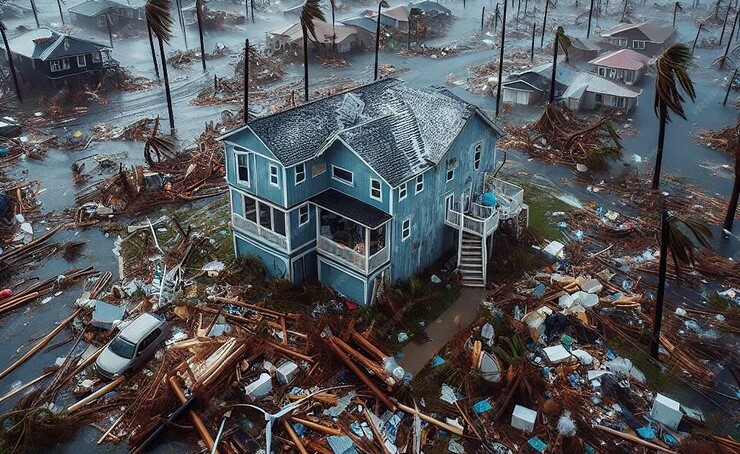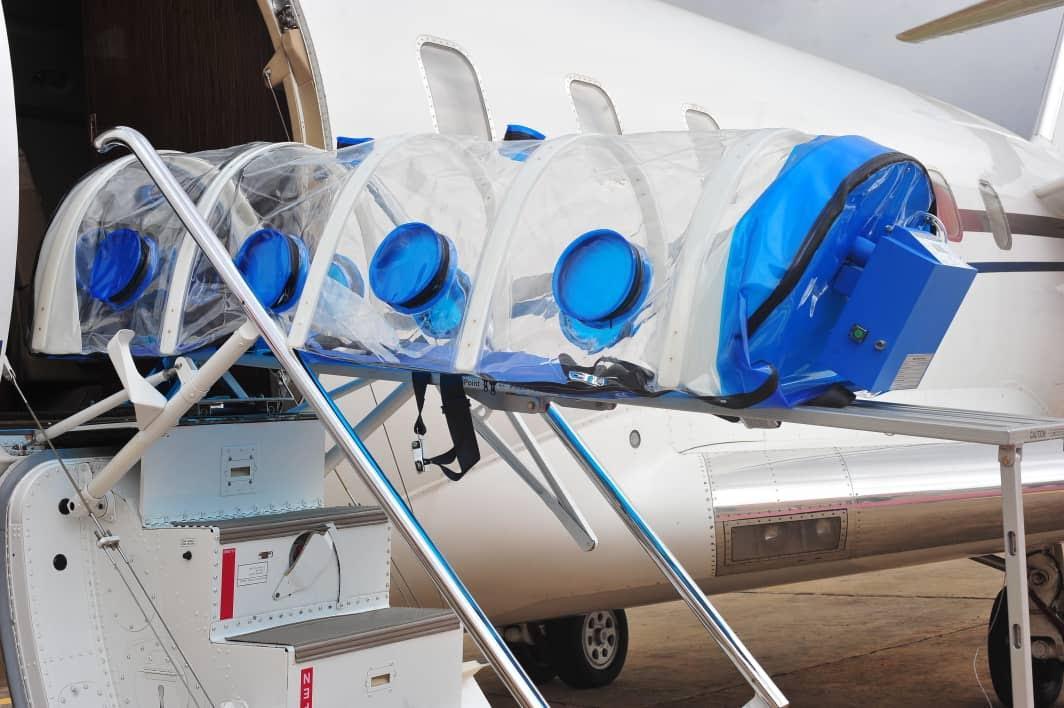How Hurricane Research Today Could Save Lives Tomorrow

| Date | January 17, 2025 |
| Source | University of Texas at Arlington |
| Summary |
Communities can better prepare for future storms by learning from the effects of previous tropical storms, according to new research. Analyzing the kinds and amounts of storm-related precipitation in impacted areas is a crucial component of the research in order to comprehend how it affects nearby water supplies. Such preparation could allow more people to stay in their home nations by preventing undue harm. Given that climate change is predicted to increase the frequency and intensity of tropical storms by 10% to 15%, this is becoming more critical. Did you know? You can comment on this post! Just scroll down |
In addition to being extremely dangerous, tropical storms like hurricanes are also very expensive for coastal areas in the Caribbean, Mexico, Central America, and the United States. These storms cause substantial economic losses and human displacement in addition to the immediate destruction. 2.5 million people attempted to cross the southern land border of the United States in 2023 alone due to climate migration associated with such catastrophes.
Understanding the effects of previous tropical storms can help communities better prepare for future storms, according to new research headed by The University of Texas at Arlington. Analyzing the kinds and amounts of storm-related precipitation in impacted areas is a crucial component of the research in order to comprehend how it affects nearby water supplies.Such preparation could allow more people to stay in their home nations by preventing undue harm. Given that climate change is predicted to increase the frequency and intensity of tropical storms by 10% to 15%, this is becoming more critical.
"We already know that tropical storms have a huge impact on water resources in communities, but few studies have examined the water runoff from these events and how they impact local populations -- that's where our research comes in," said Ricardo Sánchez-Murillo, the study's lead author and an associate professor of earth and environmental sciences at UTA.
Understanding the effects of previous tropical storms can help communities better prepare for future storms, according to new research headed by The University of Texas at Arlington. Analyzing the kinds and amounts of storm-related precipitation in impacted areas is a crucial component of the research in order to comprehend how it affects nearby water supplies.Such preparation could allow more people to stay in their home nations by preventing undue harm. Given that climate change is predicted to increase the frequency and intensity of tropical storms by 10% to 15%, this is becoming more critical.
"We already know that tropical storms have a huge impact on water resources in communities, but few studies have examined the water runoff from these events and how they impact local populations -- that's where our research comes in," said Ricardo Sánchez-Murillo, the study's lead author and an associate professor of earth and environmental sciences at UTA.
Dr. Sánchez-Murillo and his group examined water "fingerprints" called isotopic compositions in cooperation with international partners from hurricane-prone areas in the Bahamas, Costa Rica, the Dominican Republic, El Salvador, Honduras, Jamaica, Mexico, Nicaragua, and Trinidad and Tobago. They expanded our knowledge of these meteorological phenomena by examining isotopic data from previous storms, which offered fresh perspectives on how precipitation from storms affects local water cycles.
"Our comprehensive analysis of isotopic compositions in tropical storm-derived precipitation offers a deeper understanding of the role these weather systems play in regional water cycles and climate predictions," stated Sánchez-Murillo. "These findings highlight how important it is to take storm-related precipitation into account. We believe that by comprehending the effects of precipitation, communities will be better equipped to manage local water resources before and after significant storms.
Brown University, Clemson University, Florida International University, Humboldt University, Oberlin College, Rice University, the University of Aberdeen, the University of Houston, the University of Tennessee, and Washington State University are among the researchers who will be expanding their work. Future research will look into how tropical storms affect groundwater recharge and evaporation patterns, as well as how storm routes may vary as a result of climate change.
"Our comprehensive analysis of isotopic compositions in tropical storm-derived precipitation offers a deeper understanding of the role these weather systems play in regional water cycles and climate predictions," stated Sánchez-Murillo. "These findings highlight how important it is to take storm-related precipitation into account. We believe that by comprehending the effects of precipitation, communities will be better equipped to manage local water resources before and after significant storms.
Brown University, Clemson University, Florida International University, Humboldt University, Oberlin College, Rice University, the University of Aberdeen, the University of Houston, the University of Tennessee, and Washington State University are among the researchers who will be expanding their work. Future research will look into how tropical storms affect groundwater recharge and evaporation patterns, as well as how storm routes may vary as a result of climate change.
"This research has broad implications for improving our understanding of how tropical storms impact water resources and climate, leading to better predictions and management strategies," said Sánchez-Murillo.
This study was partially supported by an Early Career Fellowship from the Gulf Research Program of the National Academics of Science, Engineering, and Medicine and funding from the International Atomic Energy Agency.
This study was partially supported by an Early Career Fellowship from the Gulf Research Program of the National Academics of Science, Engineering, and Medicine and funding from the International Atomic Energy Agency.
Article Posted 3 Months ago. You can post your own articles and it will be published for free.
No Registration is required! But we review before publishing! Click here to get started
One Favour Please! Subscribe To Our YouTube Channel!
468k
Cook Amazing Nigerian Dishes, Follow Adorable Kitchen YouTube Channel!
1.1m
Like us on Facebook, Follow on Twitter
React and Comment
Click Here To Hide More Posts Like This
Watch and Download Free Mobile Movies, Read entertainment news and reports, Download music and Upload your own For FREE.
Submit Your Content to be published for you FREE! We thrive on user-submitted content!
But we moderate!

















